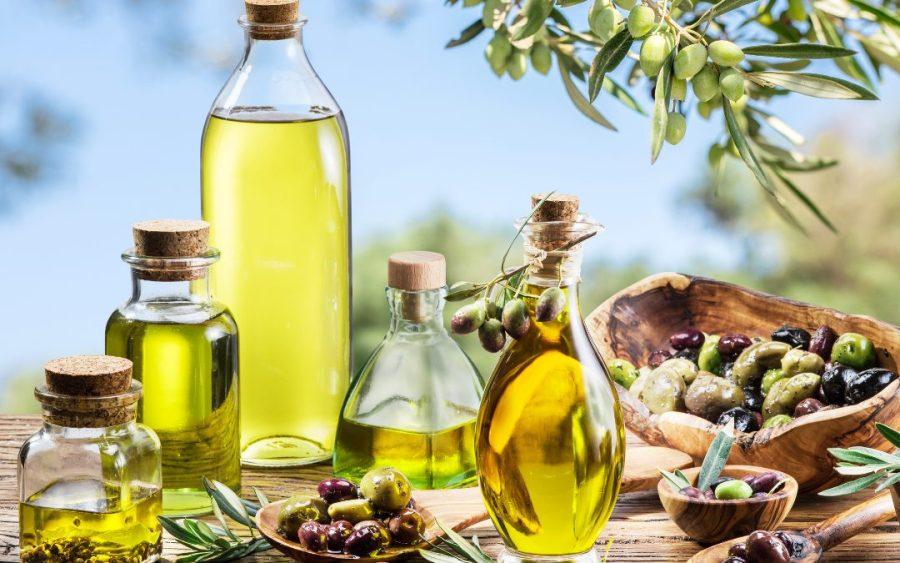Spain is Facing an Olive Oil Shortage Crisis
Recent rainfall in Spain provided a brief respite, but the catastrophic impact of the country’s prolonged drought continues to escalate. Spain is now confronting a ‘national disaster’ as it rapidly depletes its reserves of a cherished staple: olive oil, often referred to as their ‘liquid gold’.
For centuries, olive trees have flourished across the Mediterranean, with Spain alone accounting for over half of the global olive oil production. However, the relentless wildfires and extreme heat during the summer of 2023 have cast a shadow of uncertainty over the future of this venerable industry. Following a disappointing harvest in December, there’s an alarming warning that Spain might, for the first time in its history, exhaust its olive oil supply. Experts anticipate this could occur as soon as September this year. The olive harvest at the end of 2023 yielded a mere 321,000 tons, the lowest in 40 years and considered woefully insufficient.
According to Mintec, a commodities data group, Spanish manufacturers currently hold approximately 115,000 metric tonnes of olive oil in stock, while the country consumes an average of 60,000 tonnes monthly. Rafa Guzman, a Spanish olive grower from Jaen, reveals that many farmers are on the brink of financial collapse. “The harvest is down by 70-80 percent. Some growers haven’t harvested a single kilo of olives. Even with olive oil priced at €8 per bottle, it’s insufficient to sustain them,” he explains.
This crisis isn’t confined to Spain alone. Other olive-producing nations such as Greece, Italy, Portugal, Turkey, and Morocco are also grappling with similar shortages, forcing many European producers to import olive oil from South America to meet demand.
Experts warn that the situation is likely to worsen annually, as the climate emergency is expected to lead to hotter, drier conditions and more extreme weather events.







